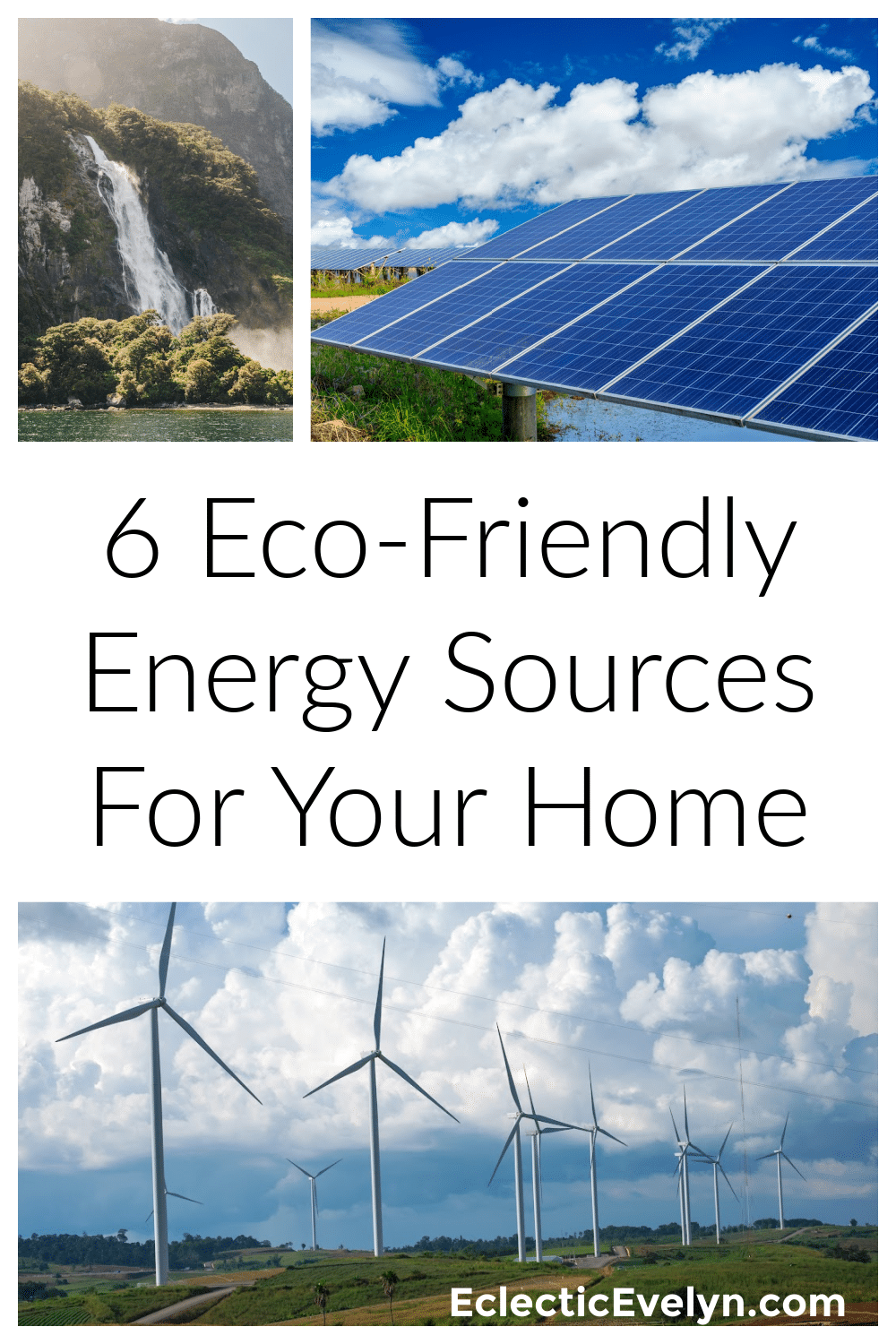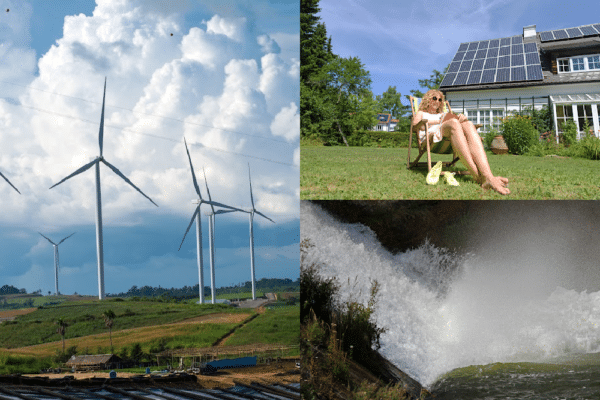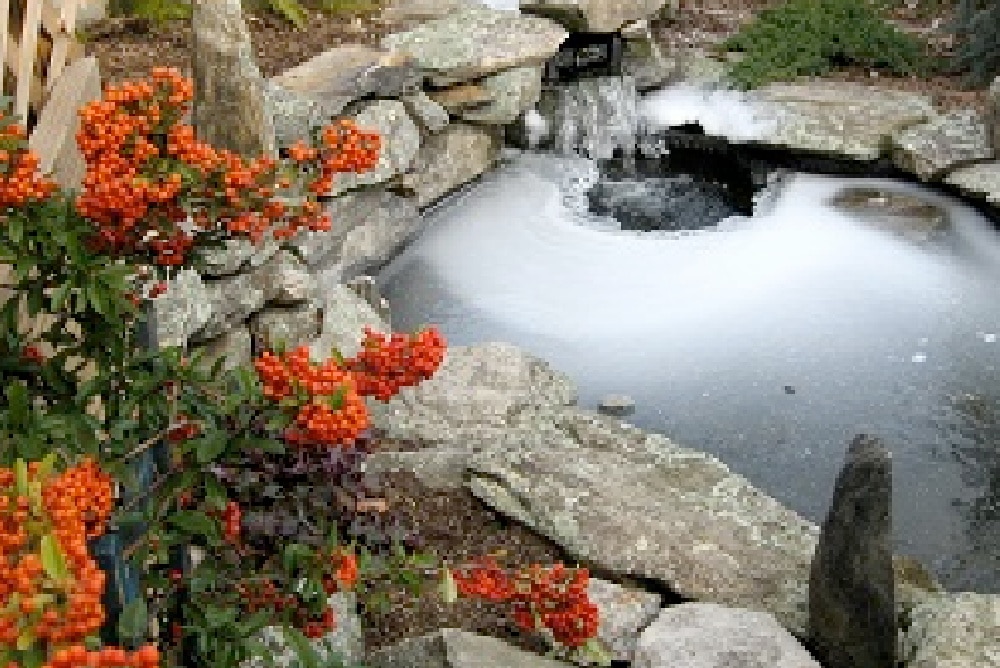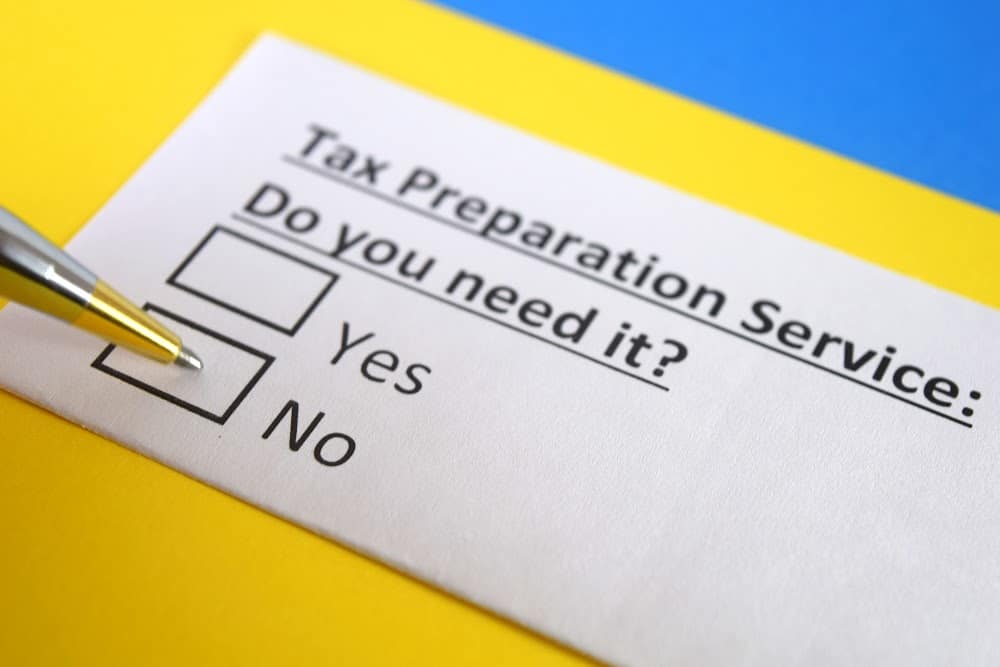Clean energy systems are slowly replacing traditional power sources in an effort to promote sustainability. Indeed, investing in renewable energy is a great way to reduce your home’s carbon footprint. The past few decades have seen the fast depletion of natural fuel resources. And as a result, many homeowners are embracing eco-friendly energy. If you’re in this category, here are six options your home can benefit from.
Wind turbines
If your home increasingly depends on energy for daily maintenance and other activities, installing a small-scale wind turbine may be beneficial. Before installing a windmill, consider doing your calculations to see if the investment is profit-wise worth it. You should note that wind turbines can take a while to yield good returns on investment, depending on wind conditions in your local community.
You may want to get help from experts to ensure upgrading to this form of clean energy will be advisable. Additionally, a medium-sized wind turbine can eat up some space, and it may generate unwanted noise when operating, making it a less popular eco-friendly energy option for residential areas. On the positive side, a wind turbine makes producing sufficient power to meet most household needs easier. It may be a good clean energy alternative to solar if you can afford it.
Geothermal clean energy
One eco-friendly means to generate heat is investing in a geothermal energy system. This device comprises a network of pipes installed deep below the earth’s surface to tap into the natural warmth from geological processes.
It’s worth noting that geothermal pumps suck heat from the ground or water body into the air to heat your home. These systems can work in reverse by pulling and releasing heat into the ground or water source to cool your home. Geothermal clean energy heating and cooling systems are more efficient than electric air conditioners or fuel-burning furnaces, so consider this.
Biomass systems
Biomass heating devices combust organic matter like wood pellets or logs to deliver heat. Compared to fossil coal and oil, biomass systems have lower carbon emissions. The amount of carbon produced by this system is relatively equivalent to the carbon absorbed by a tree during its lifetime, so keep this in mind.
It’s also worth noting that homeowners can save more money annually with biomass systems than with conventional electric heating systems. Aside from homes, biomass systems are also excellent for businesses, so feel free to consider this clean energy alternative.
Hydropower
Hydroelectric power is another reliable renewable clean energy source for property homeowners. If your home sits on a stream or river bank, you can direct water to flow through a turbine and generate energy. Hydropower is more stable than photovoltaic or wind power, so you will always have constant electricity regardless of the weather.
According to energy experts, a hydro generator can produce 10 to 100 times more power than regular solar panels or wind turbines for equal capital investment. This could be a good idea for homeowners who live a few kilometers away from a watercourse. However, you must hire professionals for this project as it requires sound technical knowledge to install.
Air source heat pumps
This renewable clean energy system utilizes heat from the surrounding air to deliver heating and hot water. Air source heat pumps operate like a fridge, but in reverse – they extract energy from the air to warm your home. They can function in all temperatures, making them more sustainable than gas or oil heaters. Air source heat pumps run silently, and you can save more money annually compared to old gas boilers, so feel free to consider this.
Solar energy
You can derive energy from the sun by installing photovoltaic panels on your roof, so feel free to consider this. These panels convert sun rays into electricity to power your home. However, it’s worth noting that solar panels generate electricity during daylight hours and work better when there is good sunshine.
The power generated by photovoltaics can be stored in batteries, allowing you access to power even when the sun goes down. Installing solar panels minimizes reliance on your national grid, reducing electricity tariffs. However, other devices, such as solar generators, harness the sun’s energy, so keep this in mind. Fortunately, you can find generator installers to set up an efficient option for your home.

Greening your home’s power supply is one of the smartest investments you can make for your family’s welfare, long-term savings, and a safer future for the next generations. Hopefully, you’ll consider these options to reap the full benefits.





